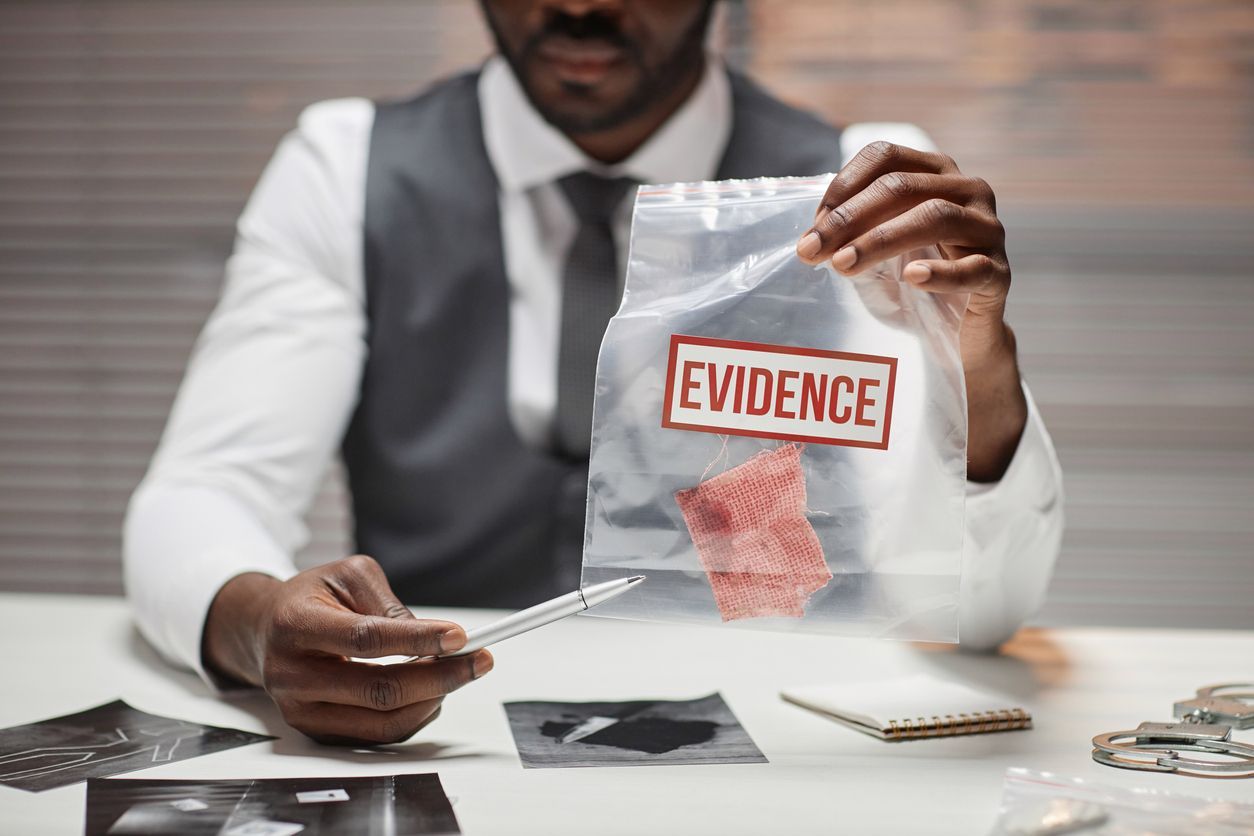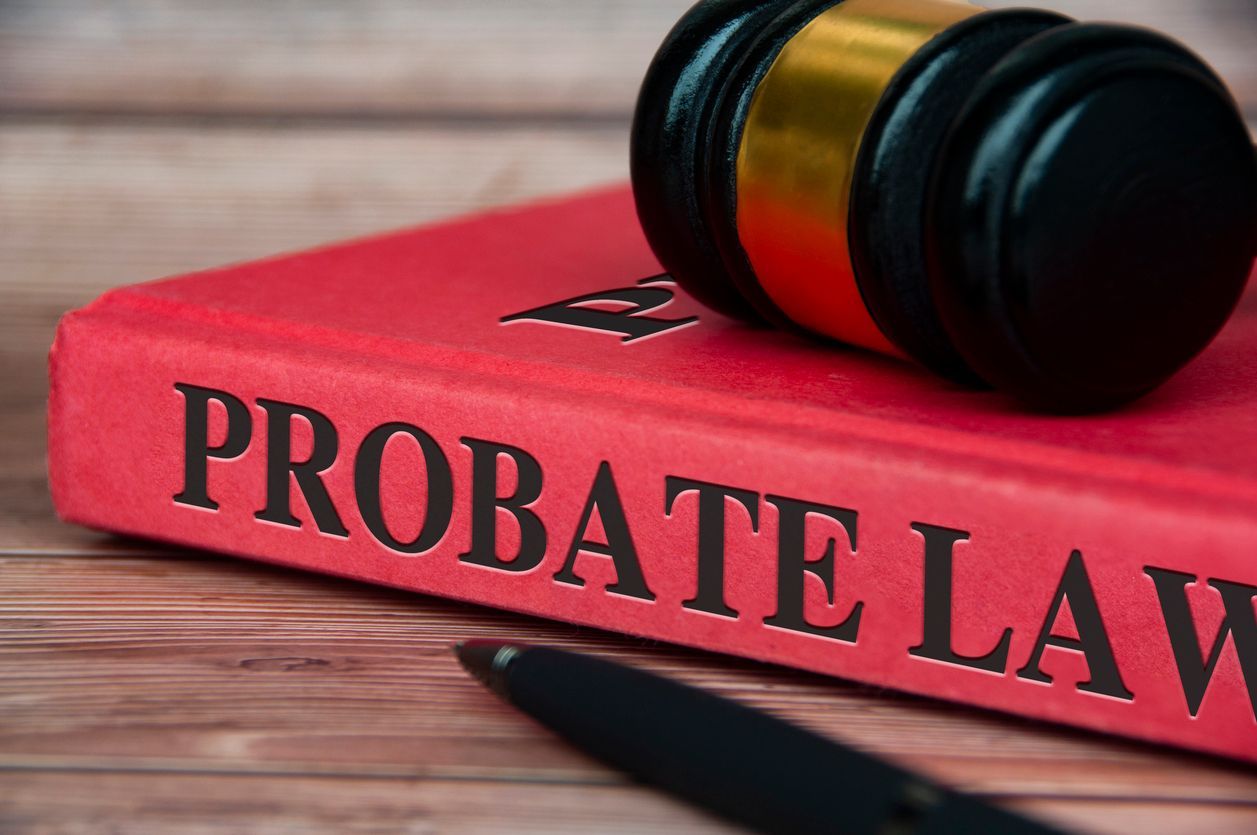Do I Have To Go To Court For A Personal Injury Case
As attorneys, we often get asked by clients whether they will have to go to court if they file a personal injury claim. The idea of litigation and courtroom appearances can be intimidating, but the reality is that the vast majority of personal injury cases are settled before they ever reach a courtroom. That said, it’s important to understand both the process and your options as you navigate your claim. Let’s break down the key points to help you understand when going to court might be necessary and when you can avoid it.
The Personal Injury Process: A Quick Overview
When you are injured due to someone else’s negligence, your first step is typically to file a claim with the at-fault party’s insurance company. In most personal injury cases, the goal is to reach a settlement that compensates you for your injuries, medical expenses, lost wages, and pain and suffering. In many cases, a fair settlement is achieved through negotiations, and this process can take months or even years depending on whether or not your treatment is complete.
However, if the insurance company refuses to offer a fair settlement, or if they dispute liability, that’s when the possibility of going to court arises. This is where the role of your personal injury attorney becomes crucial. Your lawyer will advocate on your behalf and help you understand your options as the case progresses.
Settling Without Going to Court
The vast majority of personal injury cases are resolved without the need for a trial. Once your injury claim is filed, your attorney will engage in negotiations with the at-fault party’s insurance company. This may involve several rounds of communication, including requests for additional documentation and potential settlement offers.
Settling before going to court has several advantages:
• Time and Cost-Effective: Settling avoids the lengthy and costly process of trial preparation and court appearances.
• Certainty: A settlement allows you to control the outcome, whereas a trial leaves the decision in the hands of a judge or jury.
• Less Stressful: Litigation can be emotionally taxing. Settlement offers a way to avoid the stress and uncertainty of court proceedings.
If you and your attorney believe that a fair settlement is on the table, you may choose to accept the offer. Once both sides agree on the terms, the case is resolved, and you don’t have to step foot in a courtroom.
When Is Court Necessary?
While most personal injury cases settle outside of court, there are situations where litigation becomes unavoidable. Here are a few scenarios in which your case may go to trial:
- Insurance Denial or Low Settlement Offers: If the insurance company denies liability, offers an unreasonably low settlement, or refuses to negotiate in good faith, your lawyer may recommend filing a lawsuit to pursue the compensation you deserve.
- Disputes Over Fault: In some cases, the other party may dispute whether they were responsible for your injuries. If there is a significant disagreement over fault, going to court may be necessary for a judge or jury to decide who is liable.
- Complex Cases: Cases involving multiple parties, severe injuries, or unclear liability may require a more formal legal process and may be difficult to settle without a trial.
What to Expect if Your Case Goes to Court
If your case does go to court, your attorney will be with you every step of the way. The litigation process can take longer and involves several stages:
- Discovery: Both parties gather information, exchange evidence, and take depositions.
- Pre-Trial Motions and Hearings: Your attorney may file motions to resolve certain issues before the trial begins.
- Trial: Your case will be presented in front of a judge or jury, who will listen to arguments, review evidence, and render a verdict.
- Appeals: In some cases, if the trial result is unfavorable, either party may have the option to appeal the decision.
While this process can take time and effort, your lawyer will guide you through it to ensure your rights are protected and that you receive the compensation you deserve.
Should You Settle or Go to Court?
Ultimately, the decision to settle or go to court is yours to make. Your attorney will provide guidance based on the specifics of your case, the strength of the evidence, and the likelihood of success at trial. In most cases, a settlement is the preferable route, but if the insurance company is not offering a fair deal, litigation may be necessary to protect your interests.
At Finder Law, LLC, we are committed to ensuring our clients receive fair and just compensation for their injuries. We’ll fight for you whether that means negotiating a settlement or going to court. If you’ve been injured due to someone else’s negligence, don’t hesitate to reach out to us for a free consultation. Let us help you determine the best path forward for your personal injury claim.
Contact Finder Law, LLC Today
If you’ve been injured and have questions about whether you need to go to court, our experienced attorney, Daniel Finder, is here to help. Call us today at 573-262-9962 or fill out our online contact form to schedule a consultation.
This post is for informational purposes only and does not constitute legal advice. Consult with an attorney for guidance on your specific case.









Finder Law is located in central Missouri, but able to serve clients throughout the state. We are available to meet with you in-person or remotely.
Quick Links
All Rights Reserved | Finder Law | Powered by Flypaper | Privacy Policy



